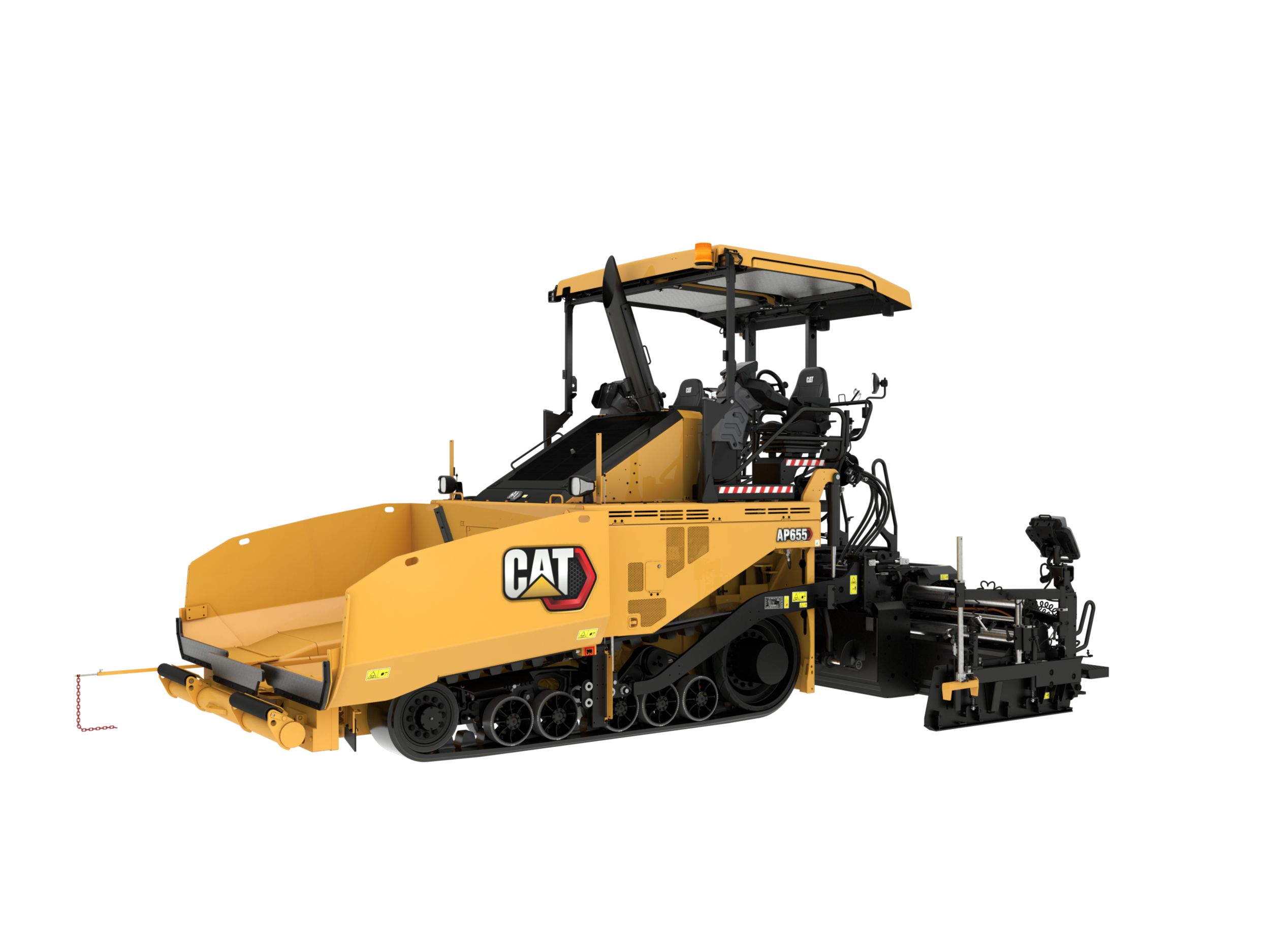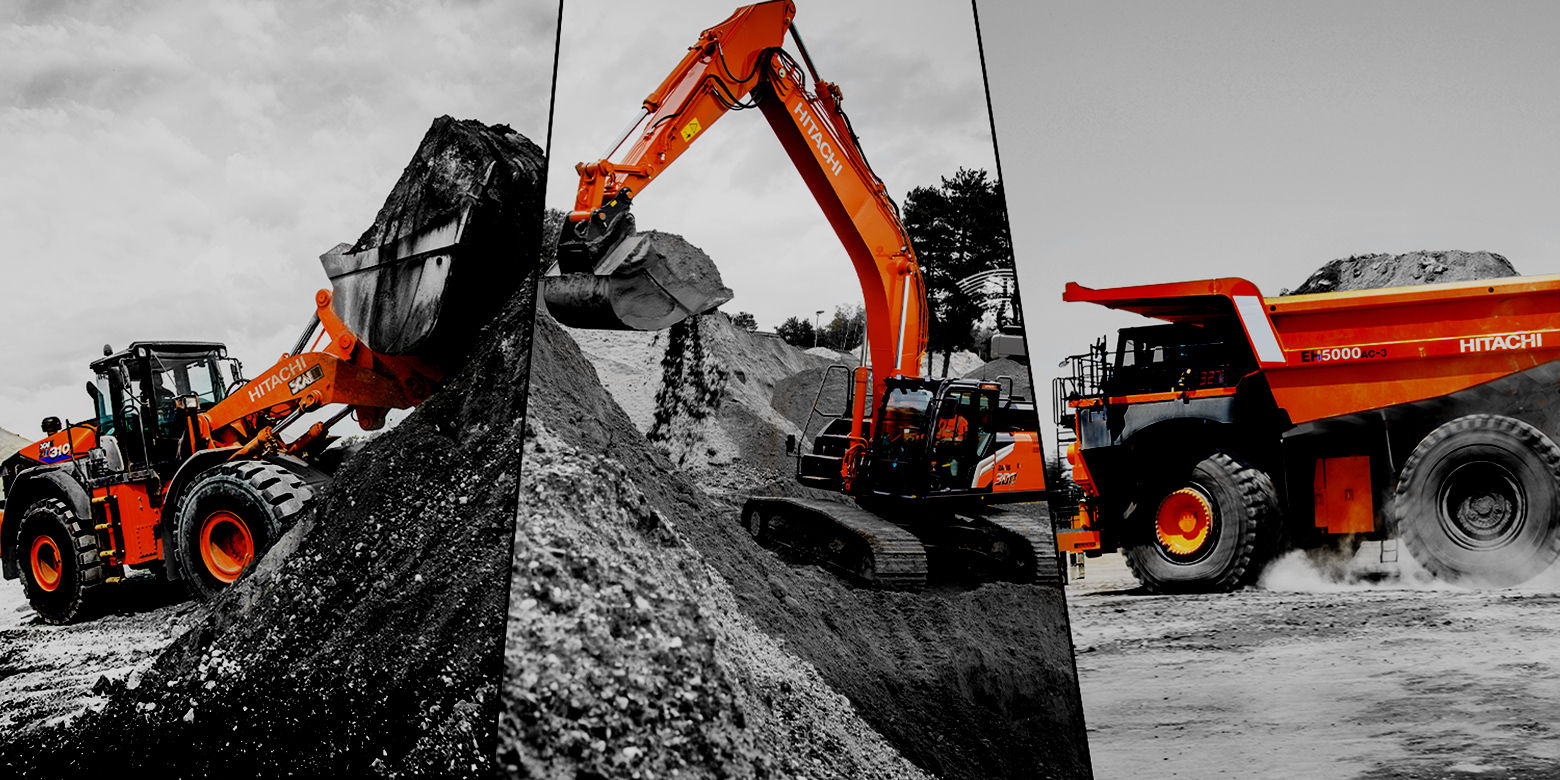Aerial Lift Rental in Tuscaloosa, AL: Safeguard and Reliable High-Reach Equipment
Aerial Lift Rental in Tuscaloosa, AL: Safeguard and Reliable High-Reach Equipment
Blog Article
Exploring the Financial Perks of Renting Building And Construction Equipment Compared to Possessing It Long-Term
The decision in between having and renting construction tools is crucial for economic management in the industry. Renting deals instant expense savings and functional adaptability, enabling business to designate resources more successfully. Comprehending these nuances is essential, specifically when taking into consideration just how they line up with specific task requirements and financial strategies.

Price Contrast: Leasing Vs. Owning
When evaluating the monetary implications of renting out versus possessing construction tools, a detailed price contrast is necessary for making notified decisions. The selection between renting and possessing can substantially affect a company's lower line, and comprehending the associated prices is important.
Renting building and construction equipment typically entails reduced in advance prices, allowing companies to assign capital to various other operational requirements. Rental agreements usually include flexible terms, allowing firms to access advanced machinery without lasting commitments. This flexibility can be specifically useful for temporary projects or rising and fall workloads. Nonetheless, rental costs can build up over time, possibly going beyond the cost of possession if equipment is needed for an extensive period.
Conversely, owning building devices calls for a significant preliminary financial investment, along with continuous expenses such as insurance coverage, financing, and depreciation. While ownership can lead to long-term savings, it also locks up capital and might not give the same level of adaptability as leasing. In addition, possessing devices requires a commitment to its use, which might not constantly line up with job demands.
Ultimately, the choice to possess or rent out should be based upon a comprehensive evaluation of certain job needs, financial capability, and long-lasting calculated goals.

Upkeep Duties and expenditures
The selection in between owning and renting construction equipment not only involves financial factors to consider yet additionally includes continuous maintenance expenses and duties. Owning equipment requires a substantial dedication to its upkeep, that includes routine examinations, fixings, and possible upgrades. These obligations can quickly build up, leading to unexpected expenses that can stress a budget plan.
On the other hand, when renting devices, maintenance is usually the responsibility of the rental firm. This plan allows contractors to stay clear of the monetary burden related to deterioration, as well as the logistical obstacles of scheduling fixings. Rental contracts frequently consist of provisions for upkeep, implying that specialists can concentrate on finishing jobs as opposed to stressing over devices problem.
Furthermore, the varied series of devices available for rent allows companies to select the latest designs with innovative technology, which can boost performance and efficiency - scissor lift rental in Tuscaloosa, AL. By choosing for services, services can stay clear of the long-term obligation of equipment depreciation and the linked maintenance headaches. Inevitably, evaluating upkeep expenses and responsibilities is critical for making an informed choice regarding whether to rent or have building and construction tools, considerably influencing overall project expenses and operational effectiveness

Depreciation Effect On Possession
A significant aspect to take into consideration in the decision to own building devices is the influence of devaluation on total ownership costs. Depreciation represents the decline in worth of the tools with time, affected by factors such as usage, deterioration, and advancements in innovation. As devices ages, its market price lessens, which can dramatically influence the proprietor's economic placement when it comes time to sell or trade the equipment.
For building and construction business, this depreciation can convert to significant losses if the devices is not utilized to its greatest capacity or if it ends up being outdated. Proprietors should account check my source for devaluation in their financial estimates, which can cause higher total expenses compared to renting out. Additionally, the tax implications of devaluation can be complex; while it might offer some tax obligation benefits, these are often balanced out by the reality of lowered resale value.
Inevitably, the concern of depreciation stresses the significance of recognizing the long-lasting economic commitment entailed in owning building and construction equipment. Business must very carefully evaluate just how frequently they will certainly use the tools and the potential monetary influence of depreciation to make an educated choice about ownership versus renting out.
Monetary Versatility of Renting
Renting out building devices offers significant monetary versatility, allowing companies to designate sources more effectively. This flexibility is particularly vital in a sector characterized by varying job needs and differing work. By opting to rent, companies can prevent the significant resources investment needed for acquiring equipment, preserving cash flow for other operational requirements.
Furthermore, leasing devices allows business to tailor their equipment selections to certain job needs without the lasting dedication linked with possession. This suggests that organizations can conveniently scale their devices supply up or down based upon expected and present project needs. Consequently, this adaptability lowers the threat of over-investment in equipment that may become underutilized or obsolete over time.
An additional economic advantage of renting is the potential for tax obligation advantages. Rental repayments are commonly thought about operating costs, permitting instant tax deductions, unlike devaluation on owned and operated equipment, which is topped numerous years. scissor lift rental in Tuscaloosa, AL. This instant expense acknowledgment can even more improve a firm's money position
Long-Term Project Factors To Consider
When examining the lasting needs of a building company, the choice in between renting and having equipment ends up being a lot more intricate. For projects with extended timelines, buying devices may appear beneficial due to the possibility for lower total expenses.
The building industry is evolving swiftly, with brand-new equipment offering enhanced performance and security functions. This flexibility is specifically valuable for organizations that manage diverse projects calling for different kinds of devices.
Additionally, financial security plays an essential function. Owning devices typically entails substantial funding financial investment and devaluation concerns, while renting out enables even more predictable budgeting and cash money flow. Ultimately, the option in between renting and possessing ought to be look at this site straightened with the calculated objectives of the building business, taking right into account both current and awaited task demands.
Verdict
In verdict, renting out building and construction equipment offers substantial financial advantages over long-lasting ownership. Eventually, the decision to lease rather than own aligns with the dynamic nature of building jobs, permitting for flexibility and accessibility to the most current devices without the monetary problems connected with ownership.
As tools ages, its market worth lessens, which can significantly influence the proprietor's monetary setting when it comes time to trade the equipment or sell.
Renting building and construction tools uses considerable financial flexibility, permitting firms to designate resources more efficiently.In addition, leasing equipment enables firms to customize their devices choices to certain job requirements without the long-term dedication connected with ownership.In verdict, leasing building equipment uses considerable financial benefits over long-lasting possession. Ultimately, the choice to lease rather than very own aligns with the vibrant nature of building and construction tasks, permitting for flexibility and industrial machinery movers access to the most recent tools without the financial problems associated with possession.
Report this page